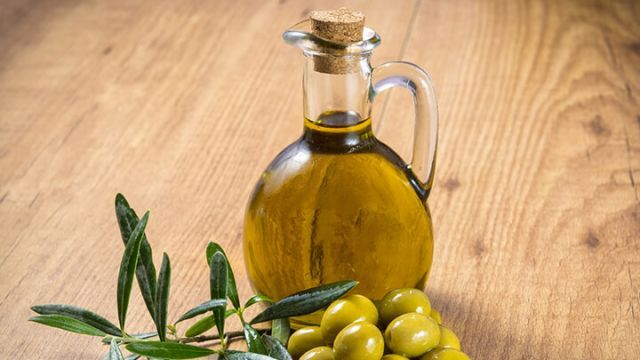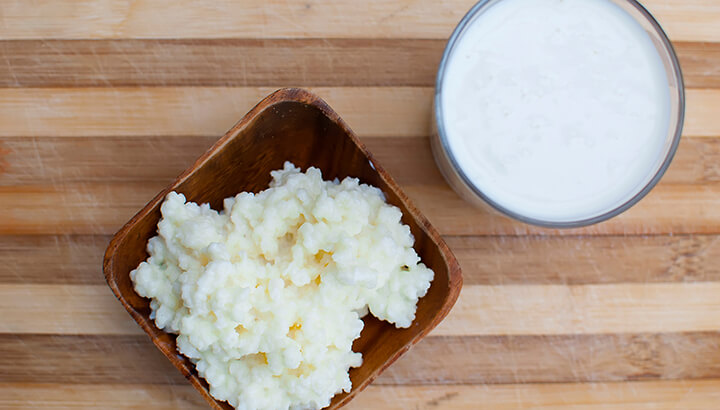
You’ve probably heard quite a bit about the importance of joint health. Joint pain can be debilitating and can significantly affect our quality of life. Having healthy joints and bones can help us to maintain flexibility and range of motion, especially as we age. Certain forms of exercise can improve our flexibility, and there are a number of foods that can benefit our joints, as well. Here are a few.
Extra virgin olive oil
It’s no secret that extra virgin olive oil, packed with omega-3 fatty acids, has a number of health benefits. One of these is the positive effects it can have on your joints. A study published in the Journal of Nutritional Biochemistry found that olive oil, combined with physical activity, can help to prevent osteoarthritis. The researchers gave EVOO to rats that had joint injuries. After eight weeks, the rats had significantly higher levels of lubricin, which serves as a lubricant and protects cartilage, as compared to animals not given EVOO. It’s also believed that EVOO can help improve heart health and support blood sugar control, which is especially important for those at risk for type 2 diabetes.
Kefir

Kefir is cultured milk that’s full of beneficial probiotics, which have many positive health effects. One strain of probiotics, L. casei, is believed to help lower inflammatory markers and joint stiffness. Kefir can be enjoyed on its own or added to smoothies and other recipes. Kefir is high in calcium, vitamin B12, biotin and folate. It’s thought to be beneficial in treating conditions like leaky gut. Many believe it can kill candida, help fight allergies and possibly even improve lactose digestion.
Berries
Joint pain can be traced in part to inflammation, and berries are anti-inflammatory. They contain antioxidants called anthocyanins, as well as ellagic acid (another antioxidant), both of which help to fight the inflammation that can make joint pain worse. Lucky for us, they’re delicious and they make convenient snacks. They’re also great on top of oatmeal and in Greek yogurt. Or for a one-two punch, make a smoothie with berries and kefir.
Nuts
Nuts contain both healthy fats and antioxidants, therefore helping the body fight off and heal from inflammation. A study in the American Journal of Clinical Nutrition found that those who eat nuts have a reduced risk of death due to inflammatory diseases — up to 51 percent lower, in fact. Raw nuts, especially, are thought to have a range of health benefits. They’re also a good source of vitamin E, they can help to lower your LDL (“bad”) cholesterol and improve your heart health.
Turmeric

Studies have shown that turmeric can reduce discomfort from osteoarthritic knee pain on a level that’s comparable with ibuprofen. Turmeric contains an antioxidant called curcumin, which helps to decrease the inflammatory compounds in the cells of the cartilage. Turmeric can also help to promote skin health, digestive health and the immune system.
Carrots
Orange veggies like carrots and sweet potatoes are high in beta-carotene and vitamin A, which can help to fight off inflammation. They’re also high in vitamin C, which boosts immunity. It’s thought that they can help to lower your blood pressure and promote collagen formation as well. And they’re a good source of potassium. This time of year, it’s easy to work pumpkin into many of your recipes. Seasonal, healthy and delicious!
Leafy greens
It’s believed that greens like kale, spinach and bok choy can help to ward off conditions like arthritis. They contain a compound that may be responsible for blocking enzymes associated with inflammation and joint damage. Leafy greens are also rich in vitamins, minerals and fiber, and they can help to lower your blood pressure and your risk for type 2 diabetes. If you haven’t tried green juices, you might want to give them a shot, as they’re a great way to get plenty of greens in your diet.
It’s clear that there are a number of foods that can help to improve your joint health. And, as discussed above, many of these foods have a number of other health benefits as well. Talk with a medical professional if you’re having concerns, or if you wish to seek out treatment for joint pain of any kind. And as with any dietary change, it’s important to listen to your own body. If you feel better after adding particular foods, it will probably benefit you to keep it up. If you feel worse, cut them out.
A whole foods diet made up of mostly of unrefined foods (as opposed to pre-packaged products) will not only support joint health, it is likely to benefit your health and wellness across the board.
— Sarah Cooke

